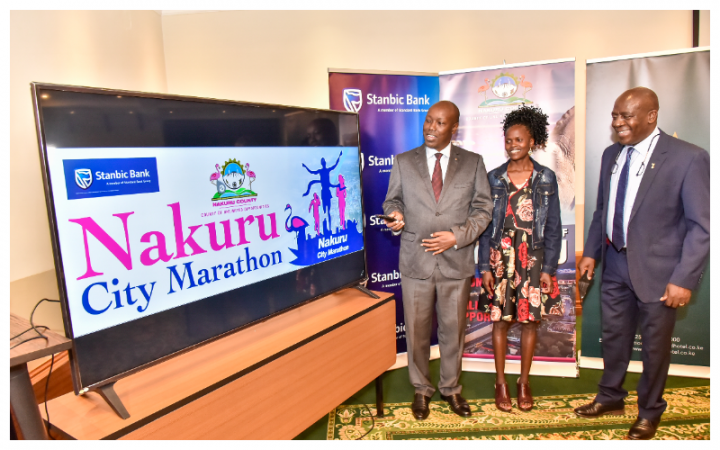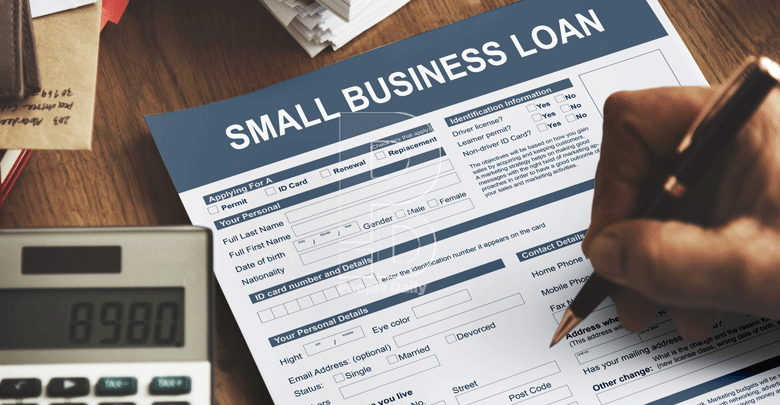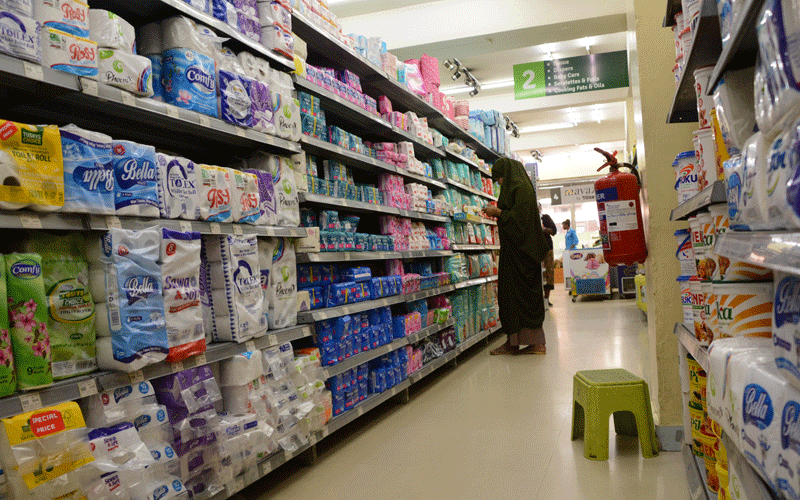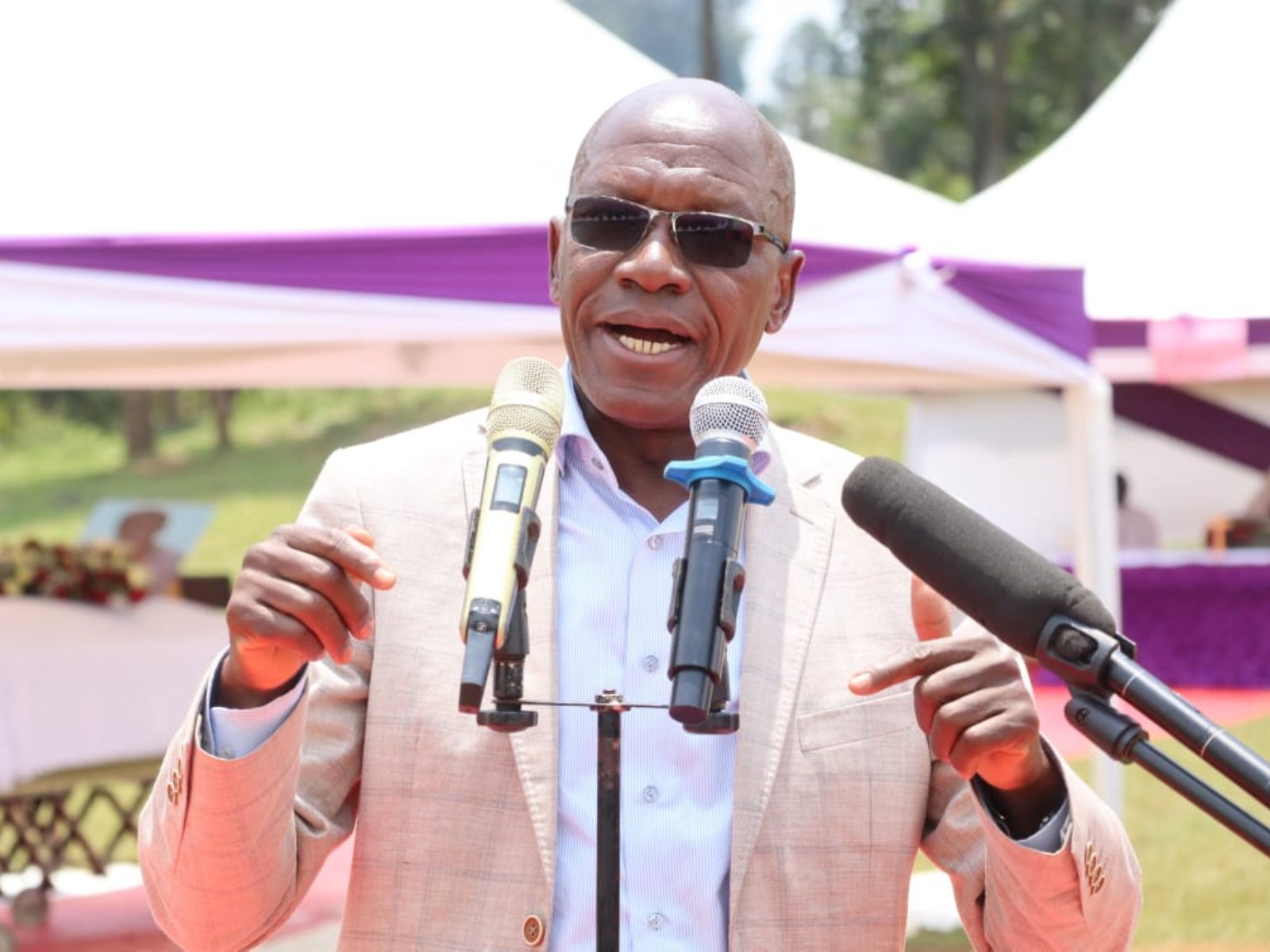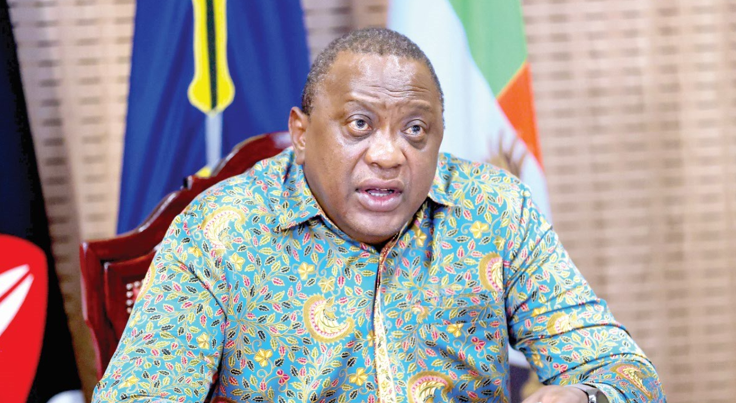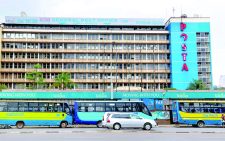Businesses expand at fastest rate
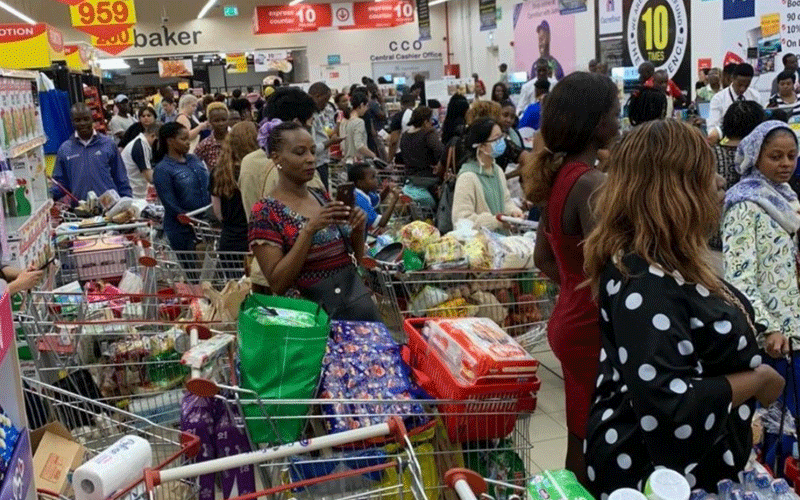
Steve Umidha @UmidhaSteve
Kenya’s private sector recorded a third straight month of growth in September, with output and new orders rising solidly amid second phased re-opening of the economy.
The latest Stanbic Bank Kenya Purchasing Managers Index (PMI) Survey posted 56.3, signalling continued improvement in business conditions in September – the highest reading since April 2018 in the health of the private sector economy.
Readings above 50 signal an improvement in business conditions on the previous month, while readings below 50 show a deterioration.
The PMI index rose from 53 in August from 54.2 a month earlier – a steady growth since the downturn caused by the Coronavirus (Covid-19) outbreak.
September data pointed to a third consecutive monthly increase in output across the Kenyan private sector economy – with the rate of expansion quickening from August, and was the fastest seen in almost two-and-a-half years.
With the government easing lockdown restrictions during the third quarter of the year, the September PMI index shows that firms saw a release of pent-up demand as clients largely returned to markets.
International flights
Among the restrictions that were implemented include a ban on international flights into Kenya as well as the cessation of movement into and out of Nairobi, Mombasa, Kilifi and Mandera counties.
The survey indicates that due to easing of travel bans, exports grew at a record rate, although some job numbers during the period fell amid efforts to cut wage costs.
“Rising demand led to a solid uptick in backlogs of work during September, which led some firms to hire new workers.
This counteracted job cuts at other firms, amid efforts to reduce expenses,” reads the statement released yesterday.
Even though the month saw a stronger growth, companies were less confident about the 12-month outlook in September.
In fact, the level of sentiment was the weakest in the series history, with only 27 per cent of panelists expecting output to continue expanding.
Despite plans to raise investment and open into new markets, firms also said they were concerned that the economy could face a further setback from the pandemic.
Indeed, input cost inflation softened during the period under review but remained solid overall as firms cited price rises for fuel and commodities, in addition to higher logistics costs – in a month that also saw firms pass these costs to customers, as output charges rose for the third month in a row.
Consumer price
Kenya National Bureau of Statistics data on Consumer Price Indices (CPI) and Rates of Inflation, for September, shows that overall year-on-year inflation in the month stood at 4.20 per cent compared to 4.36 per cent recorded in August – while the CPI stood at 108.57 during the 30-day period, which was almost the same level a month earlier.
The Consumer Price Index (CPI) is a measure that examines the weighted average of prices of a basket of consumer goods and services, such as transportation, food, and medical care.
